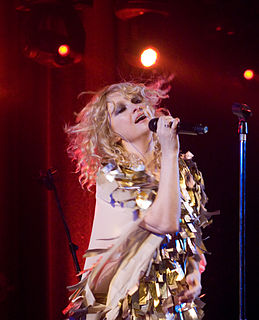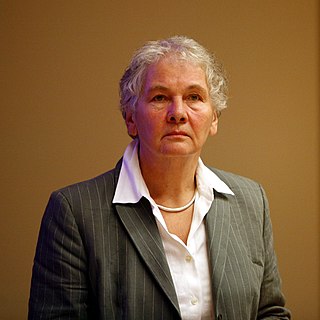A Quote by Sheena Iyengar
You know, whether it be humans or animals. So even humans - before we can speak or we can understand a baby's cognition - they're already showing us signs that they want choice.
Related Quotes
It's just about feelings. And the thing is we - everybody lives exactly the same things. We are all humans, even if you speak Spanish or whatever you speak. That's just - we are humans, and that's really interesting. And I'm sure that we can understand each other even if you don't understand my language.
When humans act like animals, they become the most dangerous of animals to themselves and other humans, and this is because of another critical difference between humans and animals: Whereas animals are usually restrained by the limits of physical appetites, humans have mental appetites that can be far more gross and capacious than physical ones. Only humans squander and hoard, murder and pillage because of notions.
Humans — who enslave, castrate, experiment on, and fillet other animals — have had an understandable penchant for pretending animals do not feel pain. A sharp distinction between humans and 'animals' is essential if we are to bend them to our will, make them work for us, wear them, eat them — without any disquieting tinges of guilt or regret. It is unseemly of us, who often behave so unfeelingly toward other animals, to contend that only humans can suffer. The behavior of other animals renders such pretensions specious. They are just too much like us.
It has been an obsession of human beings to create a hierarchy that places the human species on top and lumps all the "other animals" together beneath us. The resulting "speciesism" allows us to look upon animals as less deserving of all manner of rights and considerations than humans. To support this lower status, humans have argued that animals act instinctually; don't have souls; don't feel physical pain like we do; and lack self-consciousness, cognitive intelligence, emotional feelings, morality, and ethics.
I don't hold animals superior or even equal to humans. The whole case for behaving decently to animals rests on the fact that we are the superior species. We are the species uniquely capable of imagination, rationality, and moral choice - and that is precisely why we are under an obligation to recognize and respect the rights of animals.
I don't understand the notion that modern farming is anything do to with nature. It's a pretty gross interference with nature. I think it ought to be governed by the standards of how it affects the individual animals, just as we'd want to deal with institutions that deal with humans by how they affect individual humans.
So far as this argument is concerned nonhuman animals and infants and retarded humans are in the same category; and if we use this argument to justify experiments on nonhuman animals we have to ask ourselves whether we are also prepared to allow experiments on human infants and retarded adults; and if we make a distinction between animals and these humans, on what basis can we do it, other than a bare-faced - and morally indefensible - preference for members of our own species?


































